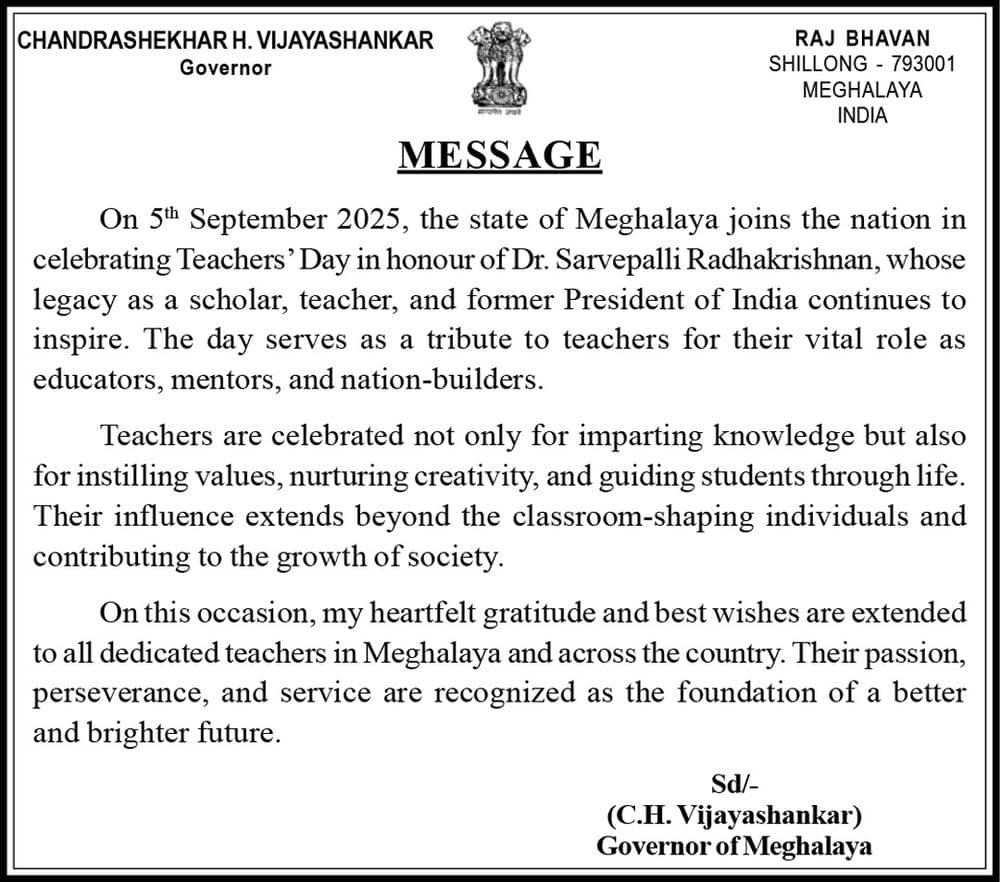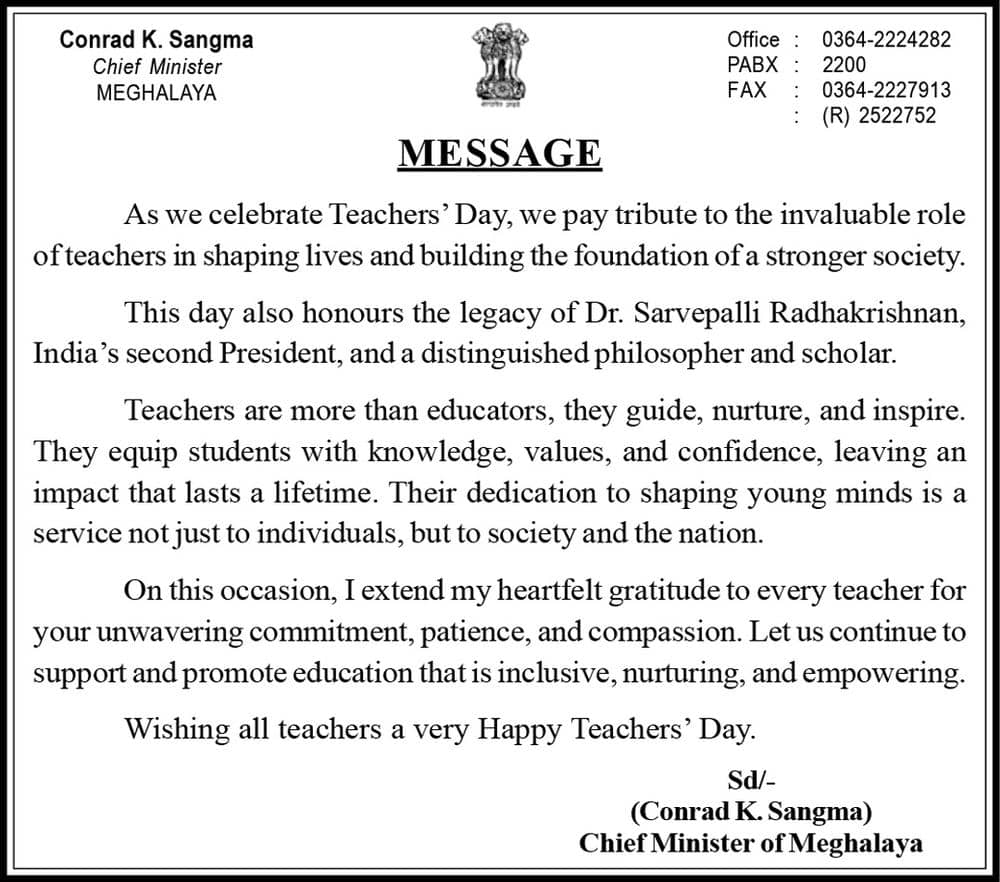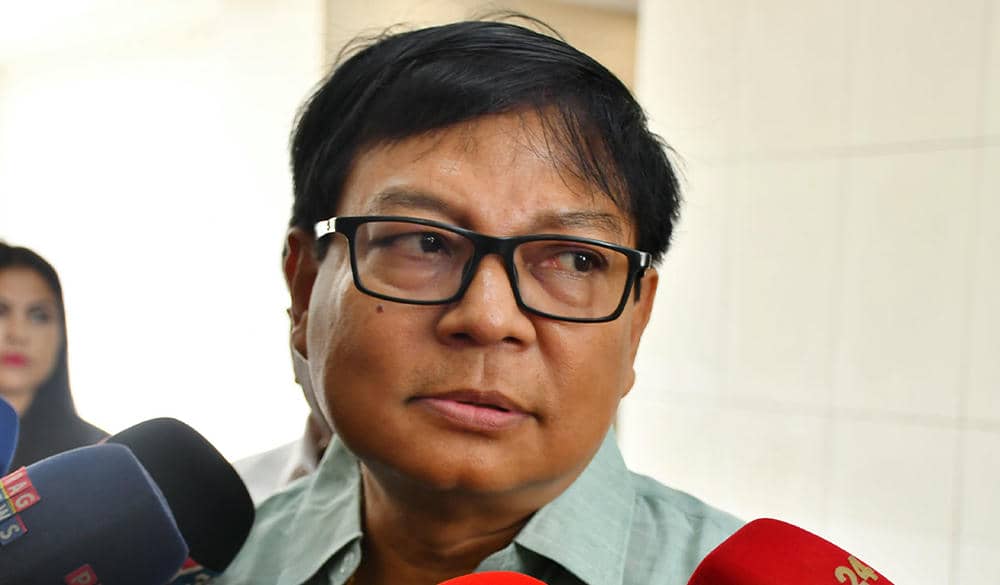Assam’s opposition leader to World Bank & ADB: Stop funding projects that trample indigenous land rights in Assam

Leader of the Opposition in the Assam Legislative Assembly, Debabrata Saikia, has urged the World Bank and the Asian Development Bank (ADB) to suspend funding for development projects in Assam, alleging serious violations of indigenous land rights, environmental norms, and constitutional safeguards.
In a formal letter addressed to the two financial institutions, Saikia called for an immediate independent audit and review of two major land acquisition cases currently underway—one in Kamrup district and another in Kokrajhar district. He accused the state and BTR governments of forcibly acquiring tribal land without the consent of local communities, in violation of national and international legal frameworks.
Saikia highlighted the proposed transfer of 1,500 acres of land in Borduar Bagan village, Kamrup district, to the Guwahati Metropolitan Development Authority (GMDA) for a township project. He stated that the land has been home to Rabha, Boro, Tea Tribe, and other indigenous groups for over a century and that its transfer violates the Assam (Temporarily Settled Areas) Tenancy Act, 1971. According to him, the project has moved forward without community consultation, undermining the rights of the affected population.
He also cited the case in Parbatjhora, Kokrajhar district, where 3,600 bighas of tribal land have allegedly been allocated to the Adani Group for a thermal power plant. Saikia said the decision was made without the consent of the residents Boro, Rabha, and Garo communities, and warned that the project could lead to the destruction of over 5 lakh sal and teak trees.
“These land acquisitions are in clear violation of constitutional provisions and Supreme Court verdicts, including Samatha vs. State of Andhra Pradesh (1997) and Orissa Mining Corporation vs. Ministry of Environment and Forests (2013),” Saikia stated. He also invoked the Right to Fair Compensation and Transparency in Land Acquisition, Rehabilitation and Resettlement Act, 2013, to argue that tribal consent is legally mandatory.
Saikia urged the World Bank and ADB to suspend all funding to the concerned projects until full legal compliance is ensured, commission an independent audit of the land acquisition processes and environmental impacts to ensure meaningful consultation with affected communities and implement corrective actions to uphold indigenous rights.
“The people of Assam look to institutions like the World Bank and ADB not just for economic investment, but for leadership in ethical governance,” Saikia said. “This is a critical opportunity for these institutions to demonstrate their commitment to sustainable development and the protection of vulnerable communities.”
He concluded by clarifying that his opposition was not against development but against what he termed “unjust and unlawful development.”





Leave a Reply